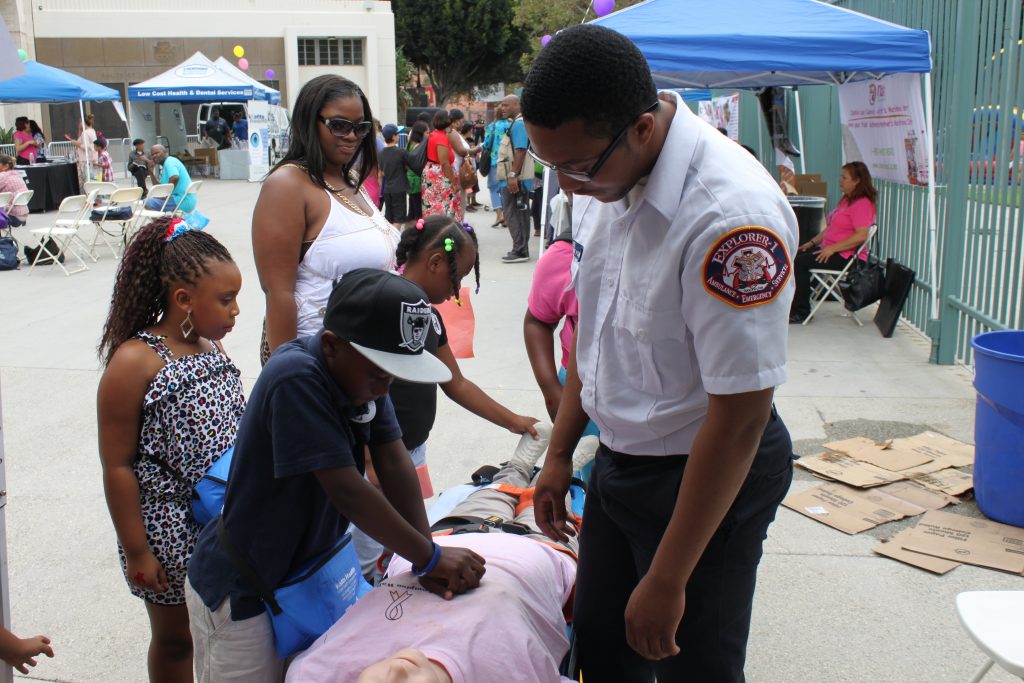Community Task Force (CTF) Cadet
The Community Task Force (CTF) cadet program is a youth and young adult-oriented program. Its primary goal is to provide, through tangible experience, a means by which youth and young adults engage in an opportunity to explore their interests and aptitudes in medical services or other career goals through on-the-job exposure—introducing the youth of the communities to today’s emergency medical and fire services, emphasizing community service and civic involvement through positive mentoring, training, education, and career development.
Program Information
Click on the links below
Goals
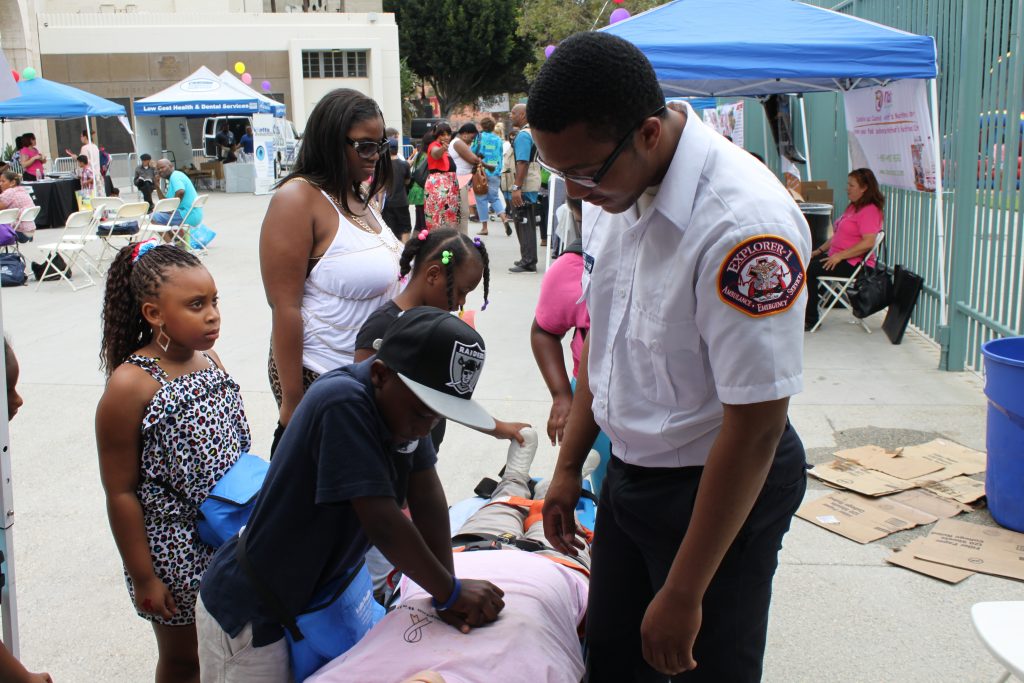
To inspire and reinforce positive goals and leadership building, The program encourages honor, dignity, and pride by building and reinforcing desirable character traits, ethical conduct, sound morals, career development, and respect for their parents, family, peers, and communities so that the CTF cadet exemplary behavior might be emulated by their peers.
Active Participation by being involved in a positive community-based program, the youth and young adults can occupy their spare time by providing worthwhile objectives to pursue.
Career Exploration
The CTF cadet Program provides young people in the community the opportunity to explore their interests and aptitudes in the emergency medical field through on-the-job exposure to emergency medicine and various other aspects and professional duties.
CTF cadets will receive continuous professional mentoring and training monthly in medical and life skill-related topics and other career goals throughout their tenure in the program.
Through direct interaction with working field medical professionals and support staff, a young person is motivated to expand their interest in the profession of emergency medical and fire services.
During orientation, a cadet will learn leadership techniques to build character and basic first-aid skills, as well as be trained in CPR, basic medical theories, proper use of emergency medical tools and equipment, and other related aspects of medical services, the CDF cadet will also receive an introduction to fire science and other areas of career-building.
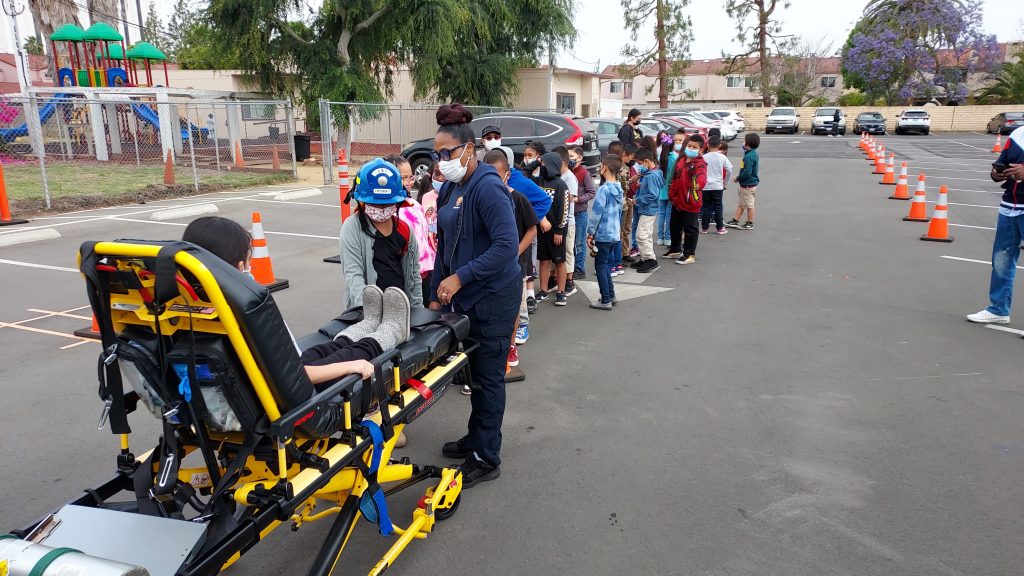
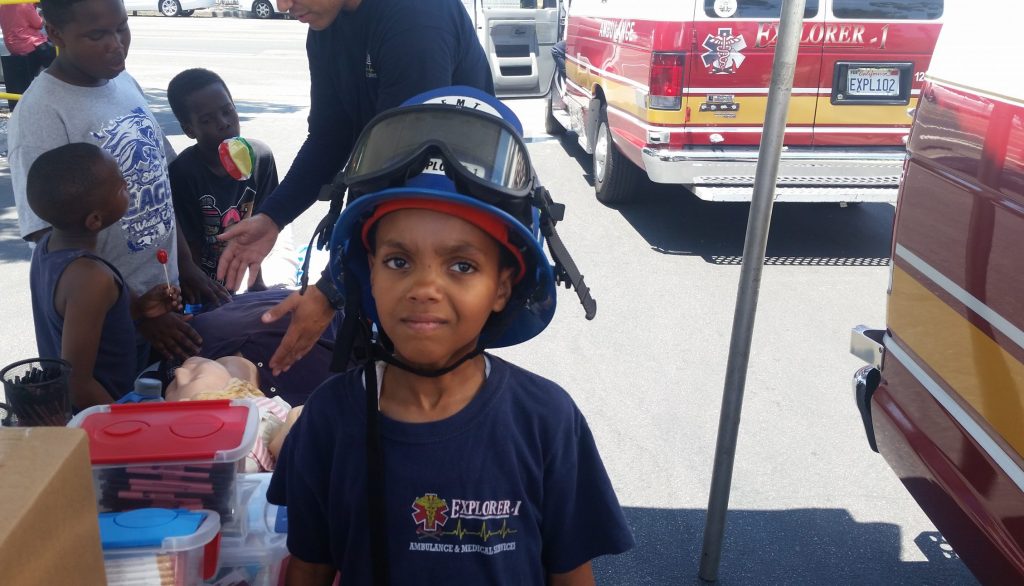
Participant Requirements
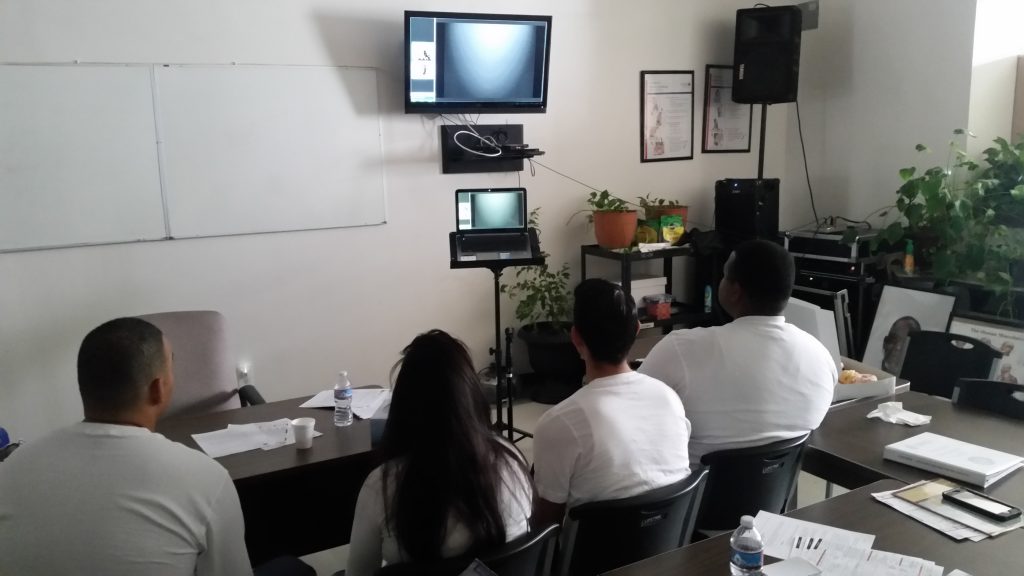
CTF cadet candidates must meet rigid standards to qualify to participate in the program. A complete record and background check will be completed during the application process, including contacting personal references, employment (if applicable), schools, and other academic institutions.
CTF cadets must be willing to contribute at least 20 hours per month to the Program. This may be accomplished by balancing ride-along, performing office work, attending meetings and training, or special community outreach assignments.
Basic Requirements:
- 15-20 years of age.
- Enrolled, graduated, or possess a GED certificate from high school
- Maintain a 2.0-point average (“C” grade) if they are still in school.
- Ability to read, write, and comprehend directions and training materials in English.
- Must be a part of a local Explorer Program (Fire or Police) or a member of the Boy/Girl Scouts of America or another recognized volunteer agency,
- Must receive a letter of recommendation from a sponsoring agency.
- Ability to work as a team member.
What do CTF Cadets do?
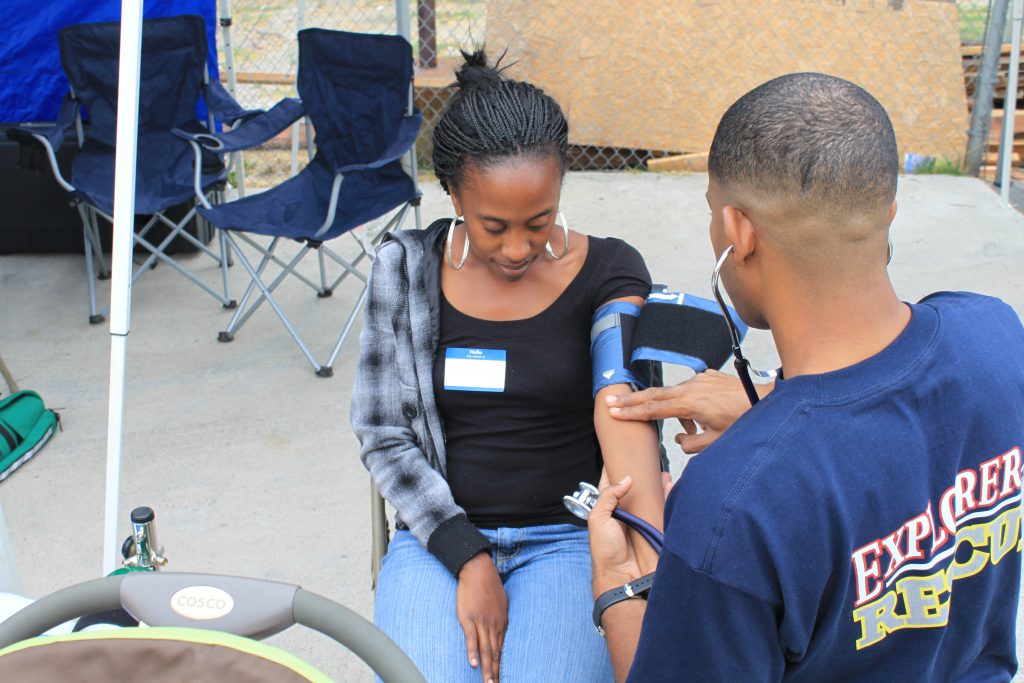
Under close supervision, CTF cadet participate in non-hazardous activities that familiarize participants with the nature and demands of emergency medical services (EMS). In addition to learning about EMS and other career opportunities, the main goal of the CTF cadet program is to provide young adults with a sense of responsibility to their community through ongoing community-based activities. Cadets stay busy throughout the year and are very active in their communities. As a CTF cadet, the participant will volunteer and participate in outreach and community services.
Five Areas of Training Development:
- Career
- Character
- Service
- Life Skills
- Leadership Experience
- No Experience Required (Entry Level [Level -1])
Purpose
The Community Task Force (CTF) Cadet program will introduce individuals to their respective career-oriented paths such as, but not limited to careers in:
- Fire,
- Police,
- Medical (M.D., P.A., R.N. Paramedic, EMT),
- Or Military services.
Interactive activities
Interactive activities will allow the CTF cadet to interact with the community and staff on, but not limited to:
- Ride-A-longs,
- participate in community events such as:
- community fairs,
- community feedings,
- recruitment,
- disaster preparedness,
- community and school outreach,
- Community Emergency Response Team (CERT),
Training
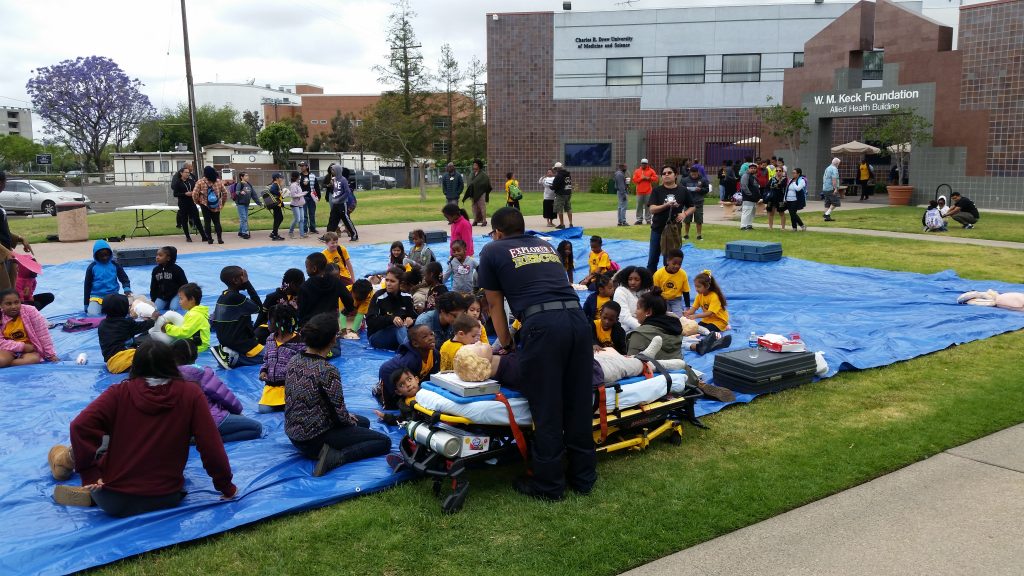
A CTF-Cadet will initially receive training and certification in:
- Basic First Aid,
- Cardio Pulmonary Resuscitation (CPR).
By entering the program as a CTF-Cadet and performing the required volunteer hours, the CTF cadet could qualify for full sponsorship to:
- An Emergency Medical Technician (EMT) school preparation program, and or,
- An accredited Emergency Medical Technician (EMT) School/program
To be considered for a sponsorship to attend an accredited EMT School/program, the CTF-Cadet must:
- Complete all required volunteer hours,
- Meet or exceed the training goals and educational, academic benchmark Set forth for the CTF cadets respective career path.
During the sponsored EMT prep program or class, the CTF cadet academics, skills performance, professional and ethical behavior will be monitored.
The CTF-Cadet will receive continuous support through tutoring, mentoring, and remedial training (If required) to assist in the CTF Cadet’s success in completing the course and required certification requirements.
Upon the CTF cadet successful completion of an accredited EMT course; in addition to obtaining the required National Registry, State and County certifications, The CTF cadet could be:
- Offered employment with Explorer – 1,
- Progress to Level-2 (Intern program).
